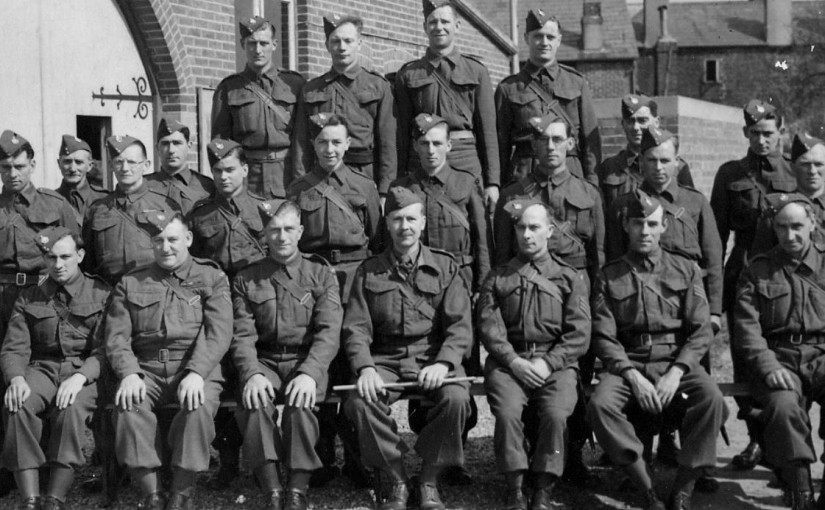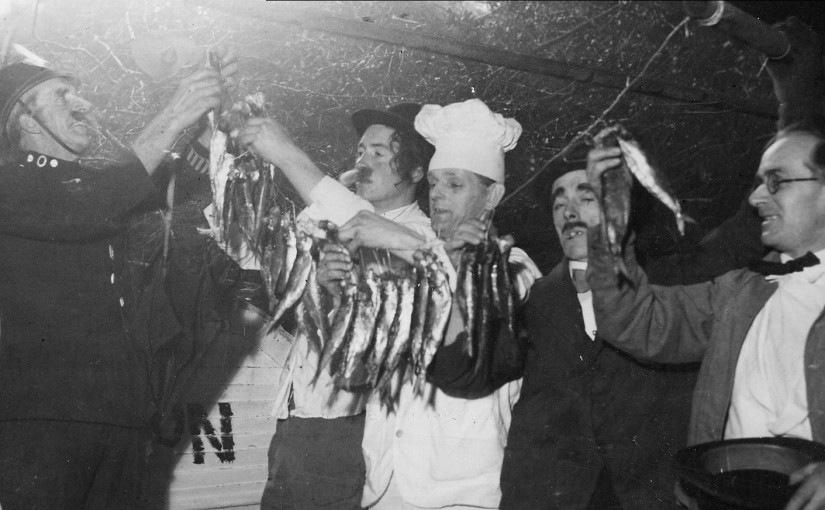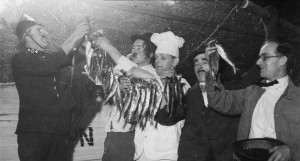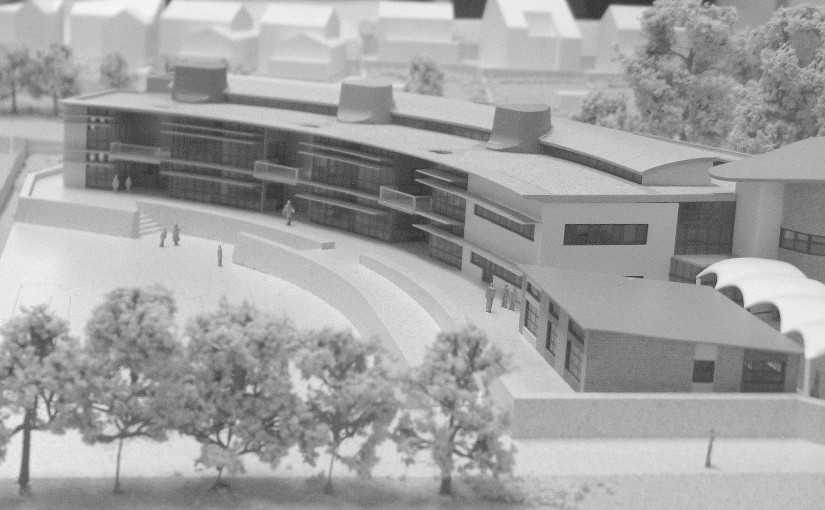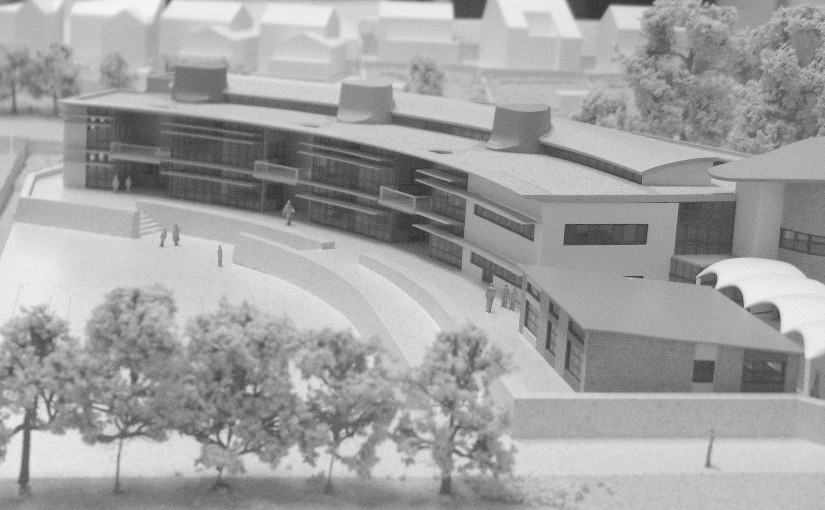CHILDHOOD MEMORIES
By Doreen Smith
As the media recently reminded us it is Seventy years since the Battle
of Britain and Sixty-Five years since V E Day. I was only two when
war broke out so all through that time I was too young to understand
what it was all about.
In 1940, when the danger of invasion was imminent, my mother, my youngest
brother and I, together with some others from Rye, were evacuated
to Taunton in Devon for six weeks. My brother was eleven and I was
three. We weren’t happy there, we didn’t have a very nice billet.
My brother went to school. I remember my mother reading me some stories
about the Bruin Boys.
We all missed my father and when he wrote it made us cry. On the day
that I knew we were going home I jumped up and down on my bed with
excitement. I fell off the bed and banged my head on the bedroom door,
no serious injury was sustained.
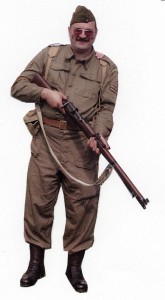
When I was five I started school at the Ferry Road Primary School.
We all had to take gas masks wherever we went, fortunately they were
never needed. When I was old enough to walk to school alone (six or
seven), I was always afraid that the siren would sound and I would
have to find a shelter to go to and I wouldn’t know what to do. Thankfully
that never happened. If the siren went while we were at school we
had to get under our desks. Occasionally we had to go to the big brick
shelter in the playground. There was one shelter in the Primary playground
and another in the Senior.
There were four serious bombing raids on Rye during the time I was
at school. One raid happened when I was at school. My mother became
very panicky and wanted to go straight to the school in case it had
been hit! My middle brother was at home. He pacified her and told
her that the school was all right, although I don’t think he actually
knew! It hadn’t been struck and all the children were safe.
At home when the siren went we used to crowd into the cupboard under
the stairs. One night it must have been going more than usual, none
of us could sleep, so we went into the back garden. One or two neighbours
were also in their gardens. One family was drinking tea and they called
to us.
I can remember my two youngest brothers standing at the window of
our back bedroom, which was my bedroom, waiting to see if any Doodlebugs
were coming. I liked them doing that when I was in bed. A few Doodlebugs
did come over on various nights.
Even wartime had its moments of humour. One evening, one of Rye’s
leading businessmen was walking in the High Street in the dark (because
of the blackout), when he bumped into something. Thinking it was a
person he said “I beg your pardon”. Later it emerged it was a pile
of sandbags!
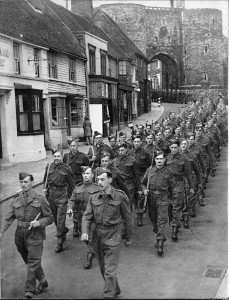
One of our friends who lived in Bedford was an ARP Warden. One night
he was called out in a rush and mistakenly put his wife’s knickers
on instead of his underpants! They both had a good sense of humour.
Of course, the War was a very tragic and sad affair. My family had
its share of sadness when, in 1944, my eldest brother was killed on
active service in Italy. This was a big blow, although we knew it
might happen. The rest of us survived the War and lived to tell about
it.
